The Future of Solar Energy in the UAE and GCC: Trends to Watch in 2025
The UAE and GCC region have become global leaders in solar energy, driven by their abundant sunlight, strategic goals for sustainability, and a growing commitment to renewable energy. Solar power is not just a buzzword—it’s an integral part of the region’s vision for a sustainable future. This blog delves into the exciting trends, technological advancements, and the future of solar energy in the UAE and GCC.
Major Solar Energy Projects Driving Change in the UAE and GCC
The UAE and GCC are leading the charge in large-scale solar energy projects that are transforming the energy landscape. Key projects like the Mohammed bin Rashid Al Maktoum Solar Park and Saudi Arabia’s NEOM solar project are setting benchmarks in renewable energy capacity. These initiatives reflect a growing commitment to clean energy while creating new business opportunities and jobs.
- Mohammed bin Rashid Al Maktoum Solar Park: Set to become one of the world’s largest solar parks, with a target capacity of 5,000 MW by 2030.
- NEOM Solar Project: A groundbreaking initiative in Saudi Arabia, which aims to power the futuristic city of NEOM with solar and other renewable sources.
The UAE and GCC are at the forefront of renewable energy innovation, particularly in solar power. With ambitious government initiatives, cutting-edge technologies, and substantial investments, solar energy is poised to shape the future of the region. In this blog, we explore the top trends, opportunities, and challenges surrounding solar energy in the UAE and GCC.
Technological Innovations in Solar Power
Advancements in solar technology are crucial for improving efficiency, reducing costs, and making solar energy more accessible to consumers and businesses in the region. These innovations include:
- Bifacial Solar Panels: These panels capture sunlight on both sides, increasing energy efficiency by up to 30%.
- Concentrated Solar Power (CSP): With the ability to store energy for later use, CSP is revolutionizing how solar energy is harnessed, especially in regions with high daytime temperatures.
- Solar Battery Storage: Energy storage solutions are essential for ensuring a steady energy supply even when the sun isn’t shining.


Government Support and Policy Changes
Governments across the UAE and GCC have set ambitious renewable energy targets, which are driving investments in solar energy. Some notable policies include:
- UAE Vision 2021: Aiming to have 50% of the country’s energy come from clean sources by 2050.
- Saudi Arabia’s Vision 2030: Includes plans to generate 50% of its energy from renewables by 2030, with solar playing a major role.
These policies not only make solar energy more appealing but also ensure that the region remains on track to meet global climate goals.
Solar Power’s Role in Desalination and Water Security
Solar energy is making significant strides in addressing the region’s water scarcity challenges. Solar-powered desalination plants are an eco-friendly solution to water shortages in the GCC. Projects that combine solar power with desalination are now operational, reducing dependence on fossil fuels while ensuring a sustainable water supply.
The Cost of Solar Energy: Affordable for Consumers and Businesses
While solar power adoption was once seen as an expensive investment, the decreasing cost of solar panels and energy storage solutions is changing this perception. With continued government support and subsidies, solar energy is becoming an increasingly cost-effective option for homeowners and businesses in the UAE and GCC.
- Solar Power for Homes: With incentives like net metering and tax rebates, many residents are now considering installing solar panels to reduce electricity bills.
- Solar for Businesses: Companies are saving money on energy costs while demonstrating their commitment to sustainability by investing in solar solutions.
Frequently Asked Questions
Q1: Why is solar energy so important for the UAE and GCC?
Solar energy is crucial for the UAE and GCC as it reduces dependence on fossil fuels, supports sustainability goals, and helps combat the challenges posed by climate change. Additionally, the region’s abundant sunlight makes it an ideal location for solar energy production.
Q2: What are the biggest challenges facing solar energy in the UAE and GCC?
Challenges include the high initial investment for solar infrastructure, land availability for large-scale projects, and the need for efficient energy storage systems to ensure consistent power supply.
Q3: How can businesses benefit from solar energy in the UAE?
Businesses can benefit from solar energy by reducing operational costs, taking advantage of government incentives, and improving their environmental impact. Solar energy also enhances a company’s corporate social responsibility (CSR) profile.
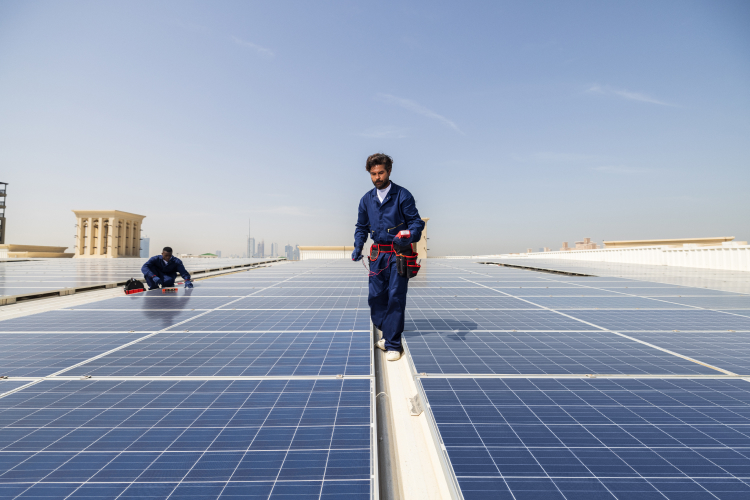
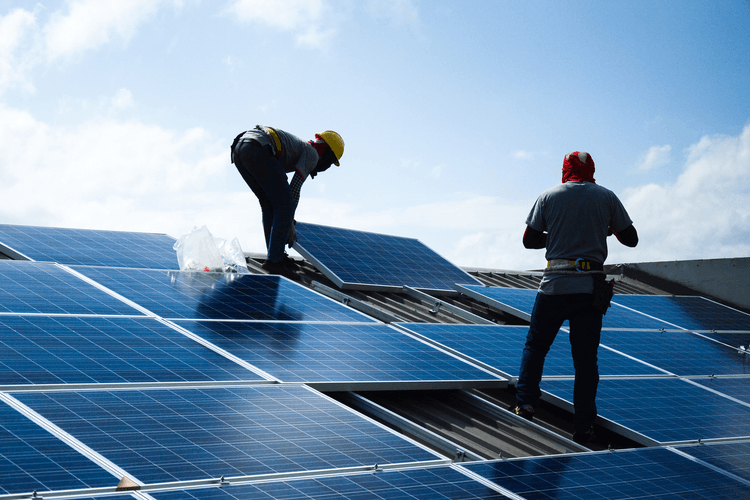
Call to Action
As the UAE and GCC continue to prioritize solar energy, there has never been a better time to explore how solar power can benefit your home or business. Whether you’re interested in reducing your energy costs, contributing to a cleaner environment, or taking advantage of government incentives, the future of solar energy is here.
Contact us today for a consultation on how solar energy can power your future!
Conclusion
The future of solar energy in the UAE and GCC is bright, with significant investments, technological advancements, and supportive government policies paving the way for a cleaner, more sustainable energy landscape. Solar energy is not just a solution for today but a critical component of the region’s long-term energy strategy. As the world shifts toward renewable sources, the UAE and GCC are setting an example for the rest of the world to follow. The time to embrace solar power is now, and the benefits are clear—both for the environment and for your bottom line.


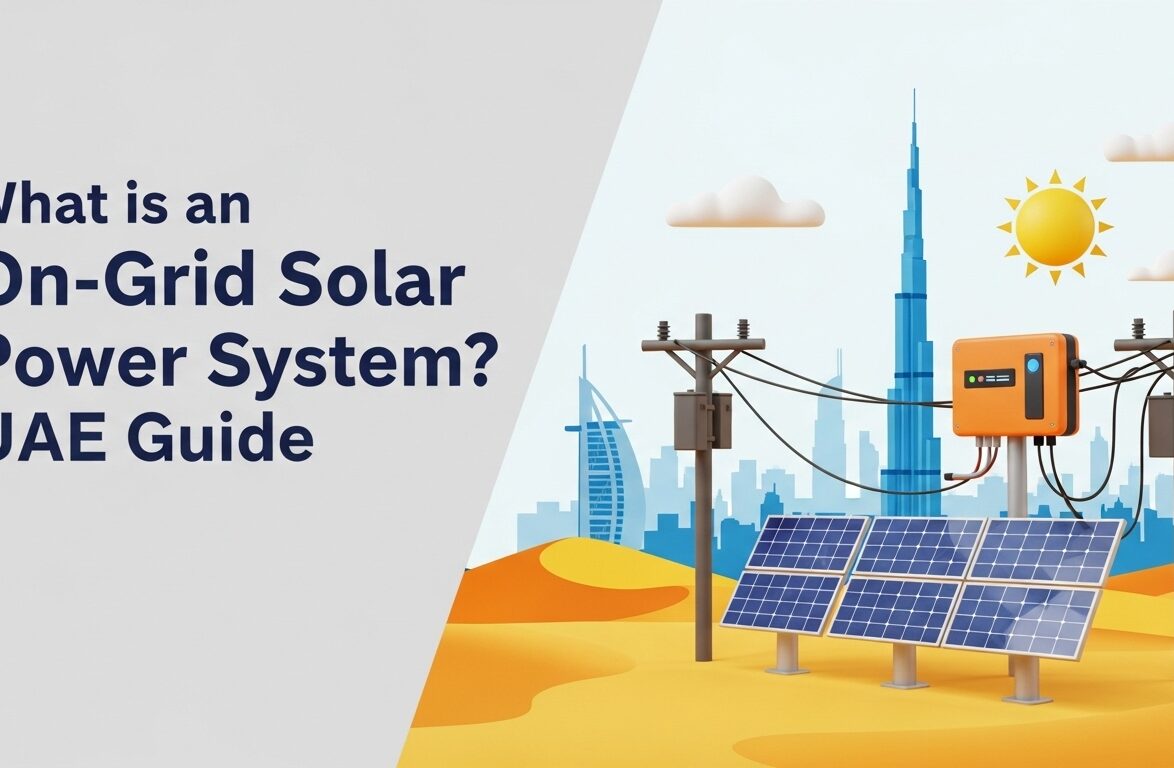
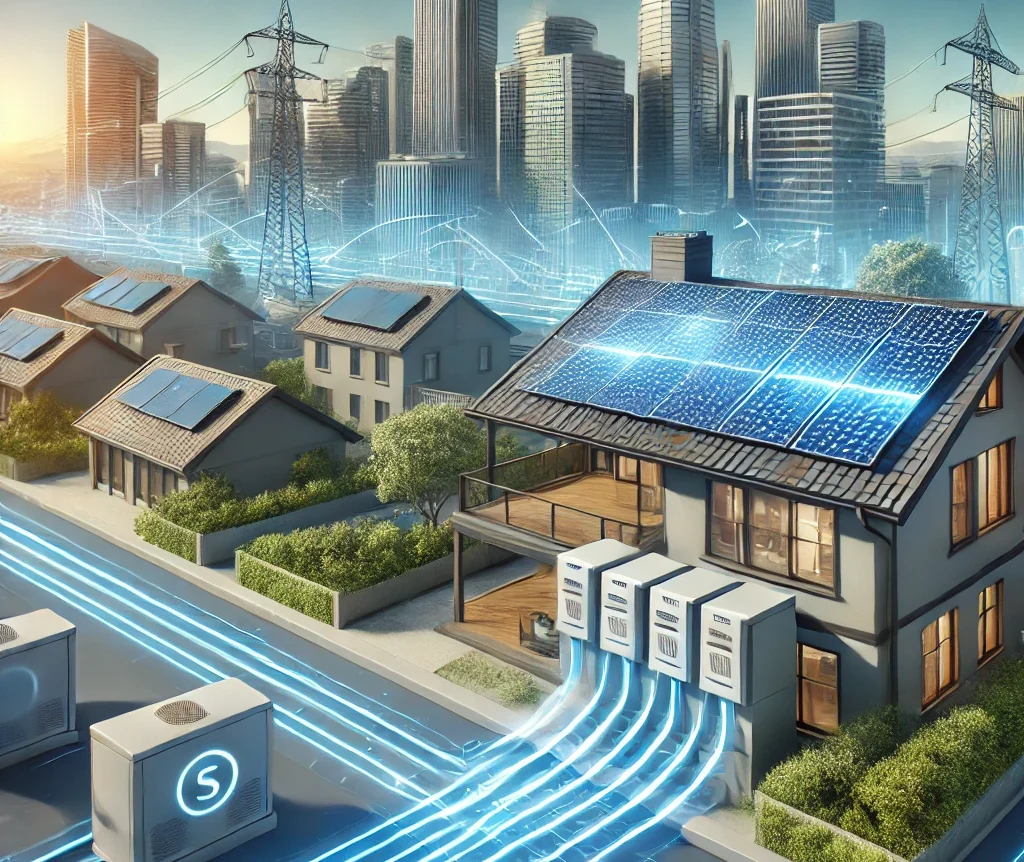
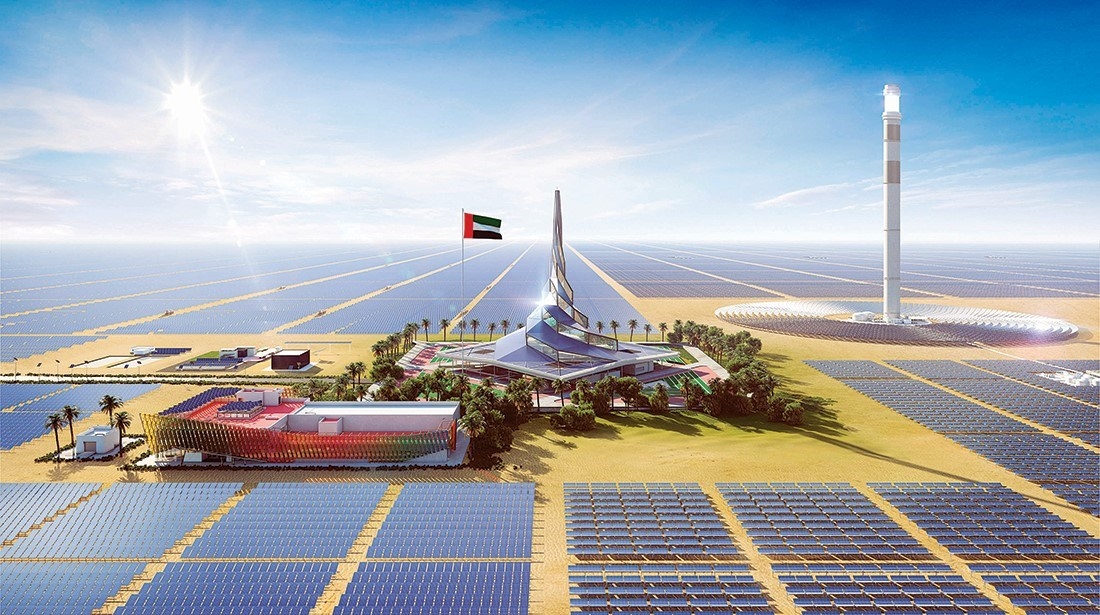

Leave a Comment
Your email address will not be published. Required fields are marked *